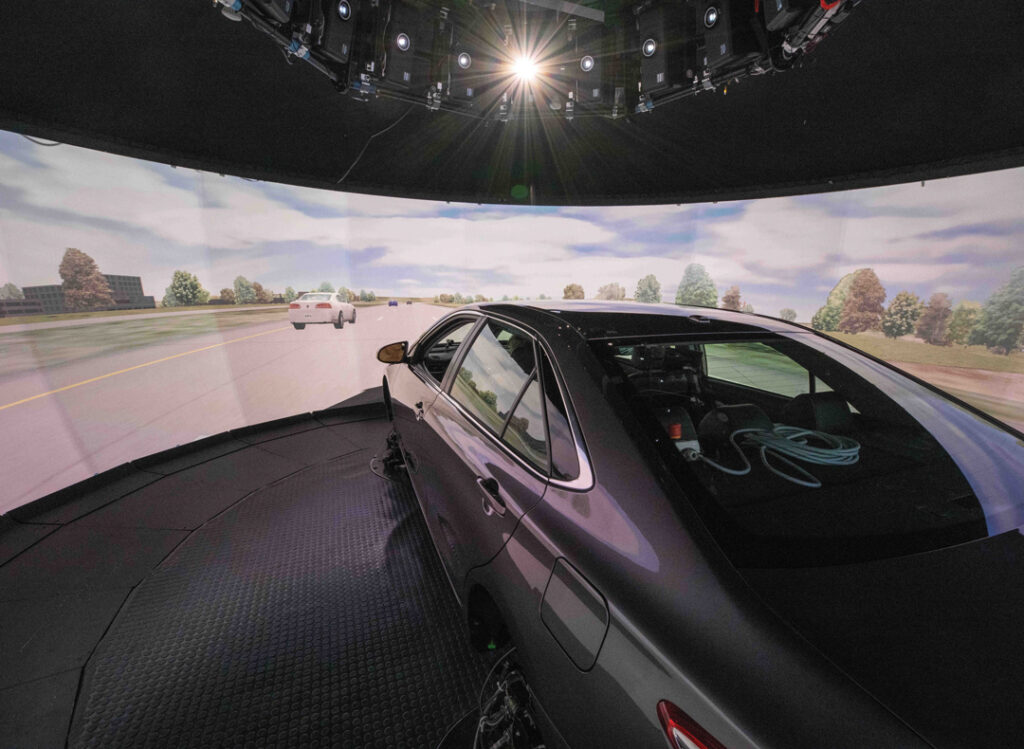Technology intrudes on sleep

Watching television every evening before going to sleep, playing video games late into the night or checking e-mails and text messages before turning off the lights could be interfering with the nation’s sleep habits, Reuters reported.
“Unfortunately, cell phones and computers, which make our lives more productive and enjoyable, may be abused to the point that they contribute to getting less sleep at night, leaving millions of Americans functioning poorly the next day,” said Russell Rosenberg, vice chairman of the National Sleep Foundation (NSF).
Nearly 95 percent of people questioned in an NSF study said they used some type of electronics in the hour before going to bed, and about two-thirds admitted they do not get enough sleep during the week.
Charles Czeisler, of Harvard Medical School and Brigham and Women’s Hospital in Boston, said exposure to artificial light before going to bed can increase alertness and suppress the release of melatonin, a sleep-promoting hormone.
“Technology has invaded the bedroom,” Czeisler told Reuters. “Invasion of such alerting technologies into the bedroom may contribute to the high proportion of respondents who reported they routinely get less sleep than they need.”
Baby boomers, or people aged 46 to 64 years old, were the group most likely to watch television every night before going to sleep, while more than a third of 13- to 18-year-olds and 28 percent of young adults 19 to 29 years old played video games before bedtime.
Sixty-one percent said they used their computer or laptop at least a few nights each week. Cell phones, text messages and e-mail alerts intrude on sleep.
“People don’t turn off their BlackBerries,” Czeisler said.










